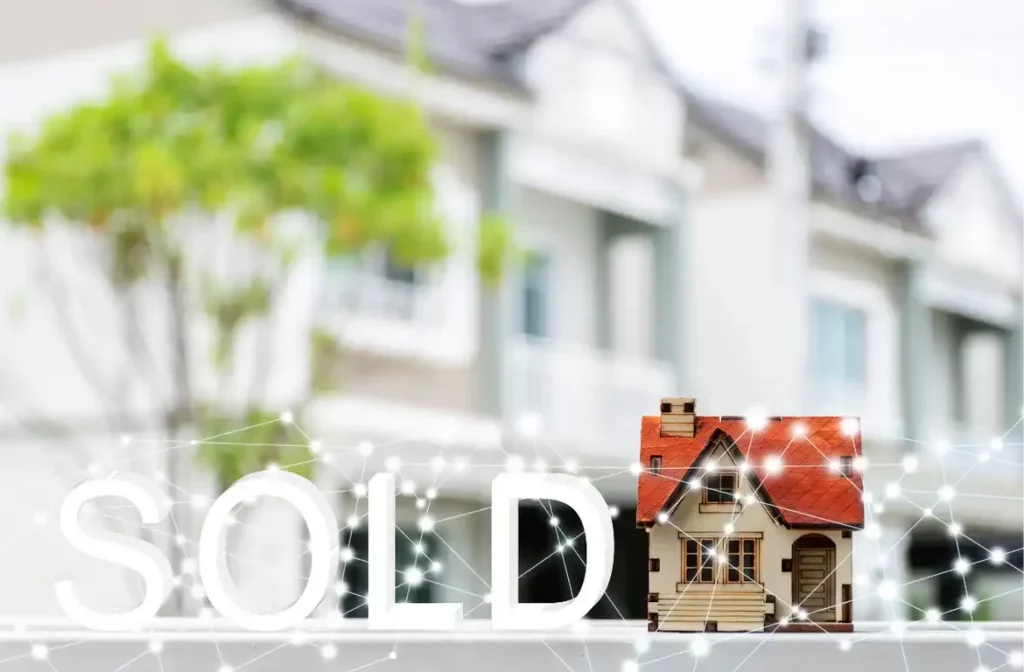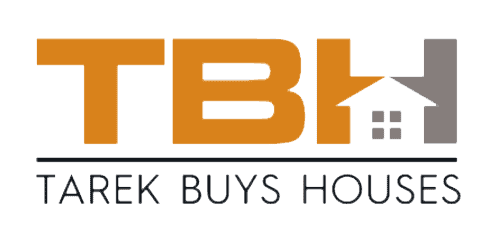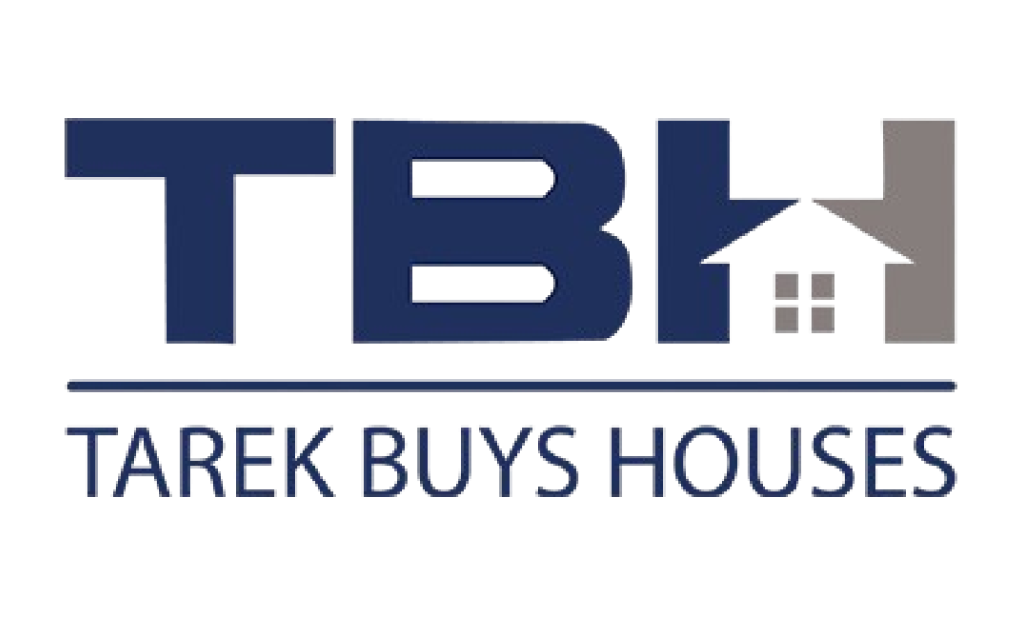
When it’s time to sell your home, you may find that you automatically gravitate toward the familiarity of a traditional home sale with a real estate agent as your representative. However, there are many different avenues available to you and you may find that putting your home on the market and waiting doesn’t fit in with your plans or your timeline. We’ve put together a guide to home sale scenarios, providing you with a variety of different ways to sell your home so that you can create a process that truly works for you.
Traditional MLS Listing
This is probably what you think about when you first consider selling your home. A standard listing process means that you’ll be working with a real estate agent and preparing your home for the open market, seeking to appeal to buyers in your area and beyond.
Pros
One of the biggest advantages of listing your home on the MLS is the opportunity it gives you to reach a large audience. The MLS, or Multiple Listing Service, feeds photos, video, and floorplans of your home, a well-written property description, and facts about your home’s history and your neighborhood to all of the major real estate portals, putting your property in front of an international audience of buyers and real estate professionals. From a marketing perspective, this is a huge boost to your home’s visibility and greatly increases your chances of getting your home in front of the right buyer.
By working with a real estate agent or broker, you’ll be able to take advantage of professional-level market knowledge and marketing strategies. That can help you more accurately price your home for sale at the sweet spot that brings buyers through the door without leaving money on the table. In addition, your agent will schedule and conduct tours of the property and provide information to interested buyers and their real estate agents.
Of course, both of these elements — the right price and a wide audience reach — help to ensure that you sell your home more quickly. The more days your home sits on the market, the less interest buyers will generally show and the more they will tend to submit lowball offers well below the asking price. Timing and pricing are both important for an optimal home sale process, and they are both enhanced by a traditional listing process.
Another advantage of working with a real estate professional is that they provide their expertise about the transaction process and documentation required to sell your property. A home sale is a complex legal and financial process, requiring a high level of knowledge to navigate. By working with a licensed agent or broker, you’ll have someone to talk to when you have questions or concerns. This is especially important if you have very little experience with the home sale process — for instance if you are a first-time home seller or have been living in your current home for several years.
Cons
Although a traditional bold text listing process is a popular option, it’s not without its drawbacks. One of the more frustrating aspects of a traditional sale is the need to prepare your home for buyers in your market. This may involve a great deal of maintenance, cosmetic updates and upgrades, as well as day-to-day cleaning and upkeep so that your home is always “buyer-ready.”
In addition, you may discover that you’ve negotiated an offer only to find yourself in a whole new negotiation following the home inspection. While some buyers may be willing to compromise or split the difference, others may deliver a laundry list of demands and expect you to complete a host of repairs before the closing. This can be expensive and time-consuming, especially if you’re simultaneously preparing for your own home purchase and moving process.
You may find yourself negotiating again after the appraisal process, a step that is required by lenders during the mortgage underwriting process. If your buyers have submitted an appraisal contingency, they may be prepared to walk away following a lower-than-expected appraisal, forcing you to begin the process all over again and find a new buyer for your home.
Finally, most people consider the real estate agent commission structure something of a drawback, especially since it can amount to a large percentage of your home’s sale price. While commissions may vary by market, most of them range between 2-3% per side for a total of 5-6% of the home’s market value. Some agents are highly competent, adding value to the process and earning their commission through superior negotiation skills and hefty marketing outlays prior to sale. That’s why it’s important to ensure that the agent you work with provides excellent client service and optimal outcomes.
Sell to a Cash Buyer or Investor
If you want to bypass some of the complexities of the home sale process, you may be looking for an opportunity to sell to an investor or cash buyer. This can save you time and money, making it possible for you to close more quickly and more reliably, often without the excessive costs associated with a traditional home sale.
Pros
One of the biggest advantages of selling to a cash buyer or investor is the quick turnaround time from the date of your ratified contract to the date of your closing. Because the cash buyer does not require mortgage underwriting, you can save weeks or even months over a traditional escrow period. In fact, some cash buyers with a streamlined operation may be able to close in under two weeks.
In the same vein, working with a cash buyer may offer you a more secure sale process than working with buyer financing. Traditional buyer financing can fall through, either because the buyer fails to qualify for the mortgage or because they have more contingencies and restrictions on their purchase process, making it more likely that they will walk away from the transaction. By contrast, a buyer with cash in hand has no real impediment to closing and offers the security of verified funds up front.
Often, you’ll find that cash buyers are more willing to move forward with a purchase even if the property needs work or repairs. Because they may be purchasing the property as an investment, cash buyers are less troubled by minor cosmetic flaws since they often have their own plans for the property after the sale. That may help you save money by minimizing prep and post-inspection repair requests.
With a cash buyer, you may also find that you save money on real estate agent commissions. Because the purchase is more straightforward, and because many cash buyers are experienced investors, they may have a streamlined purchase process already in place. This may mean that you are able to proceed without paying a buyer commission or, in some cases, a seller commission as well.
Cons
Often a cash buyer will expect a premium in exchange for the convenience and money-saving power of cash. Because they are simplifying the process and costing you less, the offer you receive from a cash buyer may be lower than what you’ll receive from a traditional sale process on the open market. It is important to weigh this reduced offer price against the money you’ll save with fewer days on market, reduced carrying costs, and lower costs associated with the marketing and improvement of your property.
FSBO (For Sale By Owner)
What if you could forego the agent commission altogether and negotiate your home sale yourself? That is the thinking behind FSBOs — homeowners who act as their own real estate marketing and transaction professionals. Here are some things to consider before you go this route.
Pros
For the vast majority of FSBO sellers, the main pro is the savings they expect to garner from not paying a commission to their listing agent. Some FSBOs put a “For Sale” sign in the front yard, sit back and hope for the best, while others may pay a minimal fee to a company that offers some basic marketing services to FSBO home sellers.
It’s important to note that you will generally have to pay the buyer’s agent commission upon the sale of your property. That means that you may be saving far less than anticipated as a By-Owner seller.
Cons
One of the biggest drawbacks to the FSBO process is the requirement to price your home yourself. While many FSBOs believe that they have a good handle on property values in their neighborhood, they all-too-often find that they have made one of two mistakes — either vastly overpricing their property based on bad comparable values or significantly underpricing their property. Overprice and buyers never even give the home a second look. Underprice and these sellers could leave tens of thousands of dollars on the table — more than enough to have paid a qualified agent in the first place.
Another major problem that FSBOs encounter is the limited audience that their listing enjoys. Without professional marketing materials, an enhanced online presence, and a network of real estate professionals to appeal to, many FSBOs find themselves simply hoping for someone to drive by and make them an offer on their property. From both a home security and financial standpoint, this strategy is almost doomed to failure.
In addition, FSBOs may struggle with the logistics of the home sale agreement, contract, escrow, and closing processes. Without representation or assistance, the seller will end up having to schedule showings, conduct negotiations, and prepare documentation throughout the sale process. This may leave them open to costly errors or require them to hire a real estate attorney, significantly cutting into the commission savings they were expecting.
Sell to a Cash Buyer or Investor
There are a number of things to keep in mind when deciding which of these home sale options works best for you. These include:
-
- Profitability: Depending on your financial situation, you may need to focus more on the potential profit you’ll make from the sale of your home. This can be especially true if you have not lived in your home for long or if you have borrowed significantly from your home equity value. If profit is your primary concern, you may gravitate toward a traditional home sale, allowing you to put the power of the open market to work for the potential of multiple offers and a higher sale price.
-
- Timeline: If you are working with a compressed timeline, getting your home sold quickly is probably a priority. In this case, A cash buyer may be the better option, due to the compressed turnaround time from offer to closing. Alternatively, you may want to consider a traditional sales process if your home is highly desirable or located in a particularly in-demand market.
-
- Experience: You may want to make your decision based on the amount of experience and market knowledge you bring to the table. While a highly experienced negotiator with a firm grasp of the legal process may feel prepared to pursue a For Sale By Owner strategy, for most homeowners the service of a well-qualified real estate professional is an essential part of a successful sale.
Whichever process you’re considering, we have the advice and insight you need to get your home sold. To connect with buyers in your market or simply to talk with one of our advisors, contact us today to schedule a no-obligation consultation and find out how we can help.This guide is meant for general informational purposes only and is not intended to be used as financial, tax, legal, real estate, insurance, or investment advice.


